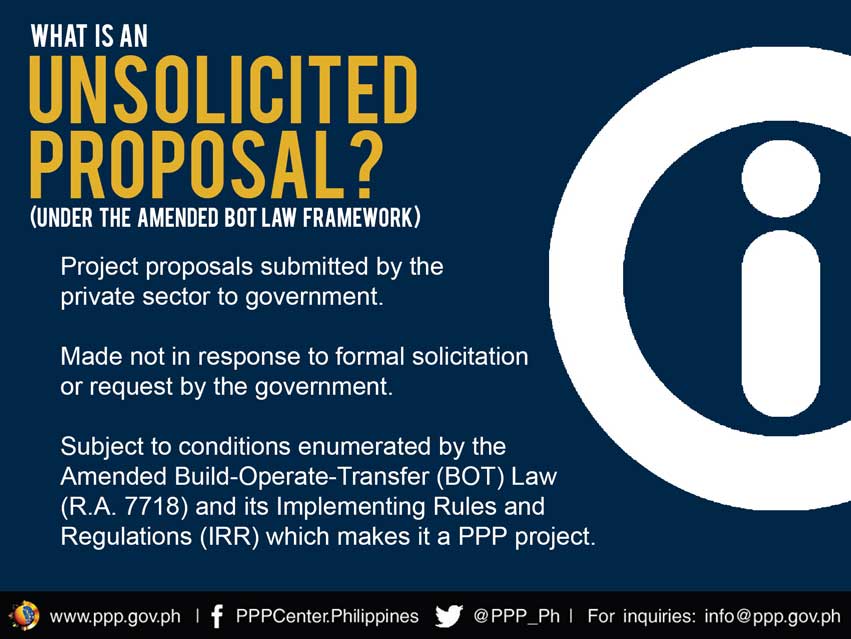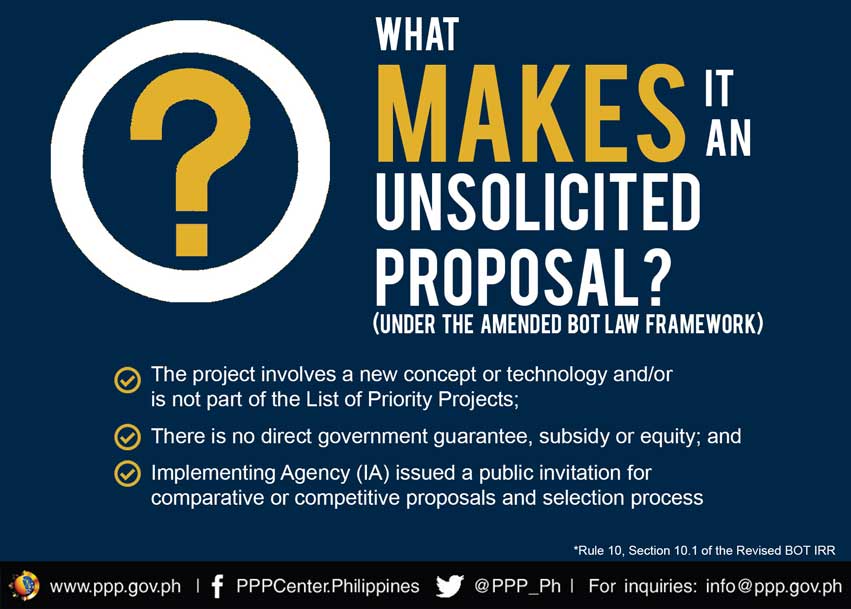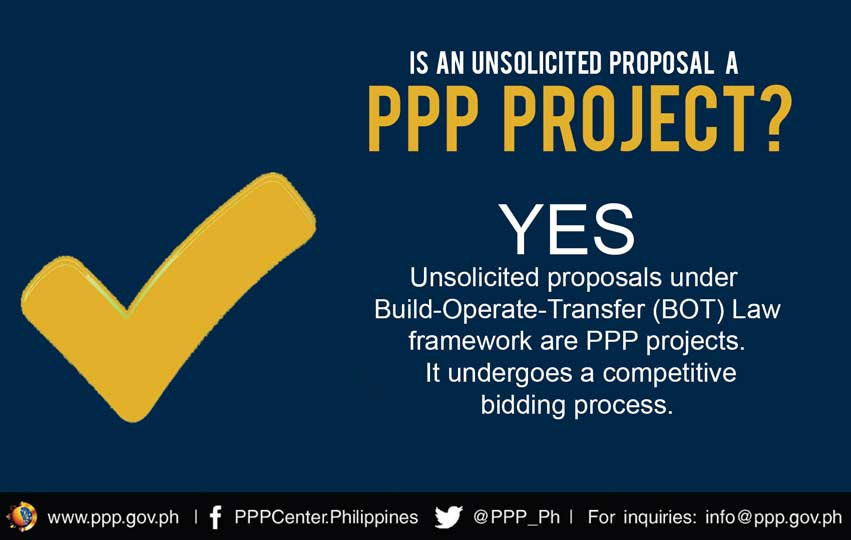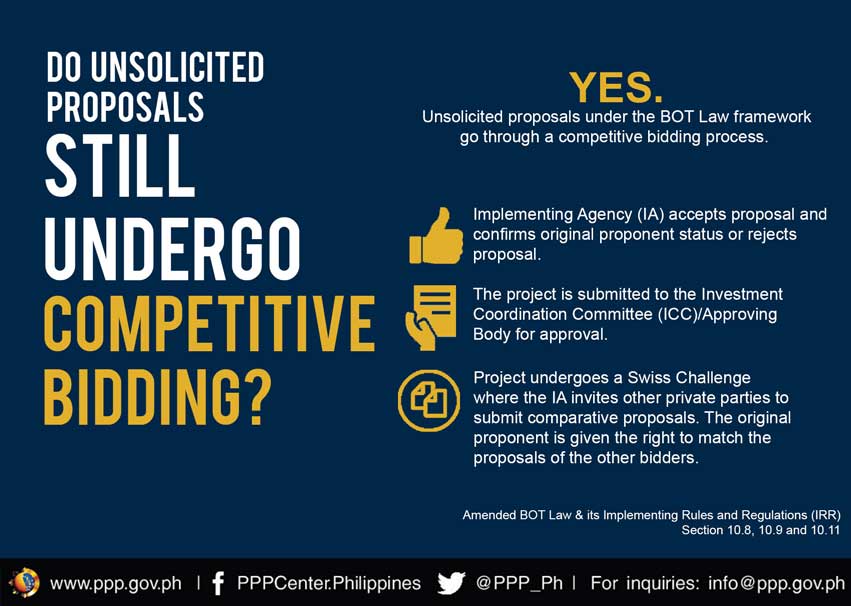Zambia’s current 2009 Public Private Partnership Act has a provision for accommodating unsolicited proposals (also known as USPs) from the private sector. A USP arises when a private-sector consortium proposes a PPP rather than responding to a public-sector request for proposals.

According to clause 42 (1) [Unsolicited proposal], “a contracting authority may receive, consider, evaluate and accept an unsolicited proposal for a public private partnership”. The clause further provides the criteria for the acceptance of USPs. The conditions specified include the need for independence in the origination and development of the proposer of the USP, the need for the USP to benefit the public, the need for independence in the preparation of the USP without supervision of the contracting authority and the inclusion of sufficient information for the contracting authority to evaluate the proposal in an objective manner.

Executed well, USPs provide Governments with the ability to tap into private sector innovation and efficiencies. However, USPs do have an inherent challenge win it comes to dealing with competition during the procurement process. According to the World bank caution on USPs, “like unsolicited advice, in some cases unsolicited proposals do genuinely help governments respond to an infrastructure challenge in an innovative and more efficient manner. But many USPs have created challenges related to transparency, governance, and lack of competition—particularly in developing countries”.

In Zambia, the current Act provides clause 12 to handle competition in USPs. According to the Act under clause 12, “After evaluating an unsolicited proposal and any competing proposals, a contracting authority may —
(a) accept the unsolicited proposal and reject any competing proposals;
(b) request the originator of the proposal to match any competing proposal or make a best and final offer and if the originator of the proposal does so, the project shall be awarded to the originator of the proposal;
(c) reject the unsolicited proposal and accept a comparable competing proposal if the contracting authority determines that the comparable competing proposal is the most advantageous to the Government;
(d) accept both the unsolicited proposal and a competing proposal if accepting both proposals is advantageous to the Government; or
(e) reject the unsolicited proposal and any competing proposal.
(13) Subsection (3) shall apply to any unsolicited proposal or competing proposal that has been rejected

This approach is also known as a Swiss Challenge. A Swiss Challenge is a method of bidding, often used in public projects, in which an interested party initiates a proposal for a contract or the bid for a project. The government then puts the details of the project out in the public and invites proposals from others interested in executing it. According to the World Bank, examples of other countries that use the Swiss Challenge System include the Indian States of Andhra Pradesh and Gujarat, Italy, the Philippines, Taiwan, and the U.S. territory of Guam.




